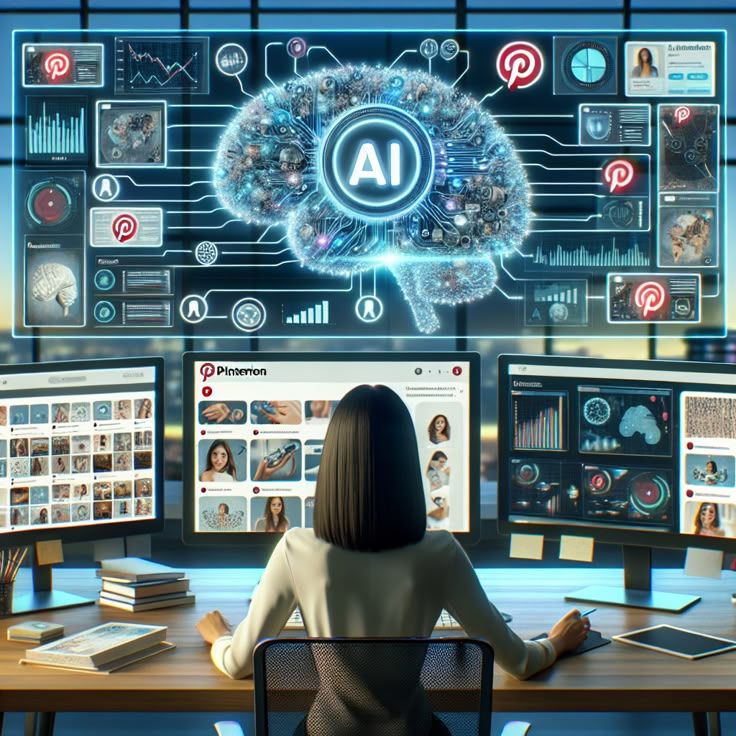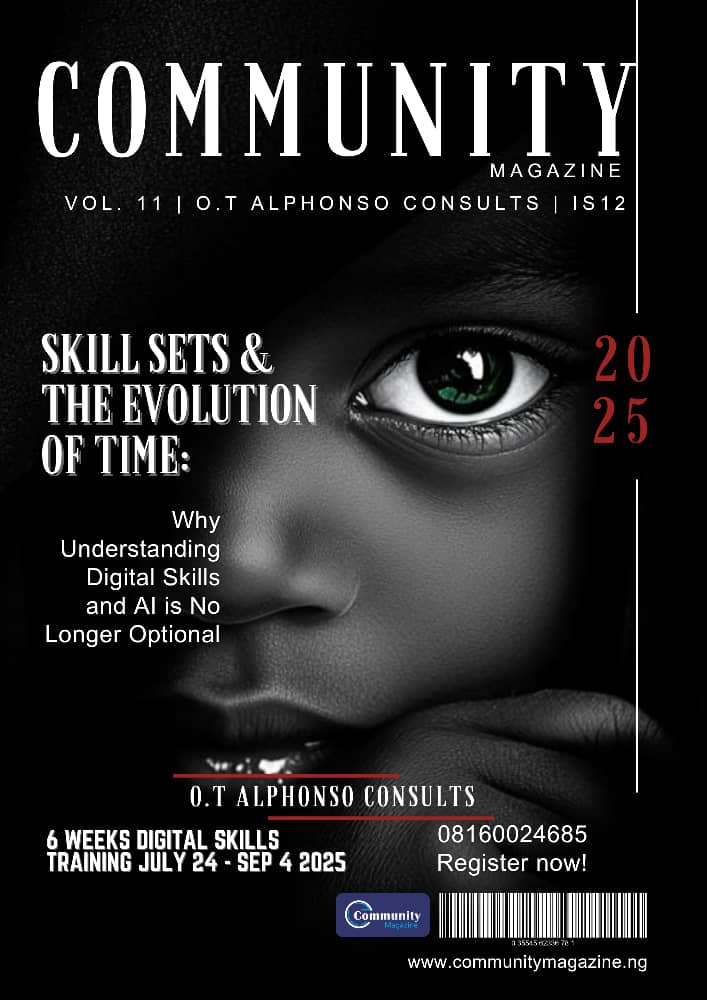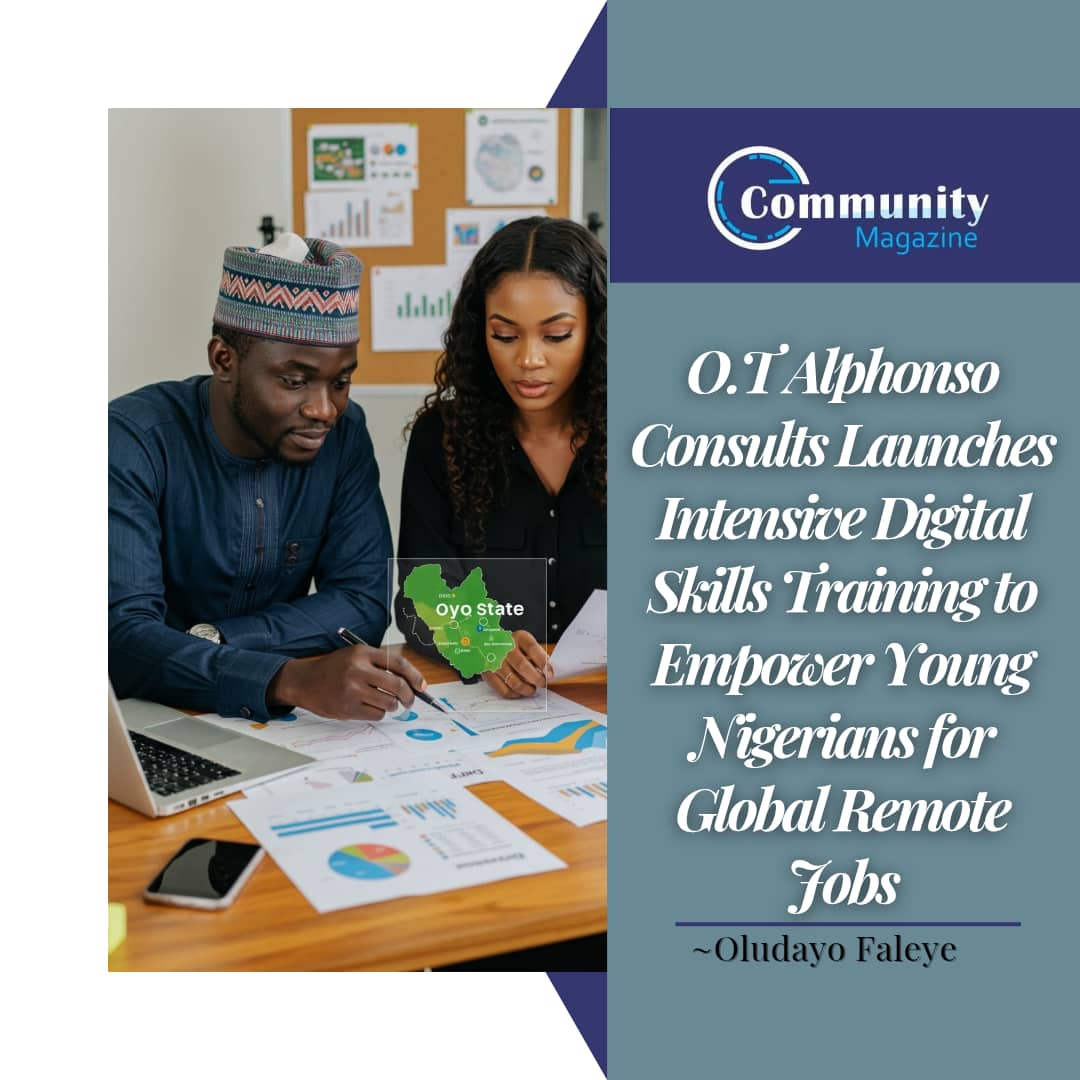Throughout human history, evolution has been more than just a biological phenomenon—it’s been the key driver of innovation, power, and survival in society, business, and industry. The wheel gave way to the cart. The steam engine disrupted transportation. Electricity birthed factories. The internet transformed communication and commerce. In every phase, those who adapted (individuals, businesses, and institutions) thrived. Those who didn’t were left behind, buried in the footnotes of history.

In the same way the industrial and digital revolutions reshaped the world in the past, Artificial Intelligence (AI) is now leading a new revolution—one that is faster, deeper, and more far-reaching than anything we’ve seen before.
The Digital Shift: A Brief History of Evolution in Business

In the early 1900s, industrialization shifted economic power from traditional hand-made goods to mechanized mass production. Businesses that embraced factories, electricity, and automated tools dominated the markets. In the late 20th century, the digital revolution disrupted again: organizations that integrated computers, the internet, and digital communication surged ahead. Think of companies like Amazon, Google, or Apple—now household names—who recognized digital potential early and invested in it.
Meanwhile, traditional firms that ignored these changes or delayed digital adoption either disappeared or are still struggling to catch up.
AI: The New Industrial Revolution

Today, AI is not just a trend—it is the foundation of the next economy. From ChatGPT to self-driving cars, personalized health diagnostics, fraud detection, music generation, and even creative design—AI is touching every sector. Whether it’s agriculture, law, finance, education, or entertainment, AI is reshaping how work is done.
This isn’t just about robots replacing humans. It’s about humans who understand how to work with intelligent systems taking the lead.
Learning how AI works and gaining relevant digital skills (like coding, data analysis, automation, content creation, and AI prompt engineering) equips you with the tools to remain valuable and competitive in any field.
For Students: Your Degree Is Not Enough

In this generation, having a degree is only a foundation. Without digital fluency and AI awareness, many graduates find themselves unprepared for the demands of the modern job market.
By learning digital skills and understanding how AI applies to your area of study—whether it’s business, medicine, engineering, or art—you increase your chances of landing better jobs, internships, and freelance gigs. You also position yourself for global opportunities, even while living locally.
Imagine a medical student who understands how AI assists in diagnosis, or a law student who uses AI tools to streamline case research. That’s the kind of edge the market is demanding.
A Call to Action for Individuals and Organizations

Whether you’re a business owner, a young professional, or a student, now is the time to act. Waiting is not an option. The gap between the AI-aware and the AI-ignorant is growing, and so is the opportunity.
Organizations that invest in training their staff on AI will reduce costs, improve efficiency, and remain competitive. Individuals who master these skills will future-proof their relevance and unlock global earning potential.
A Fact You Can’t Ignore:

AI will not replace you. But someone who knows how to use AI will.
This is the era of the intelligent workforce—and the time to evolve is now.
~Olu Carter Faleye
For Community Magazine










